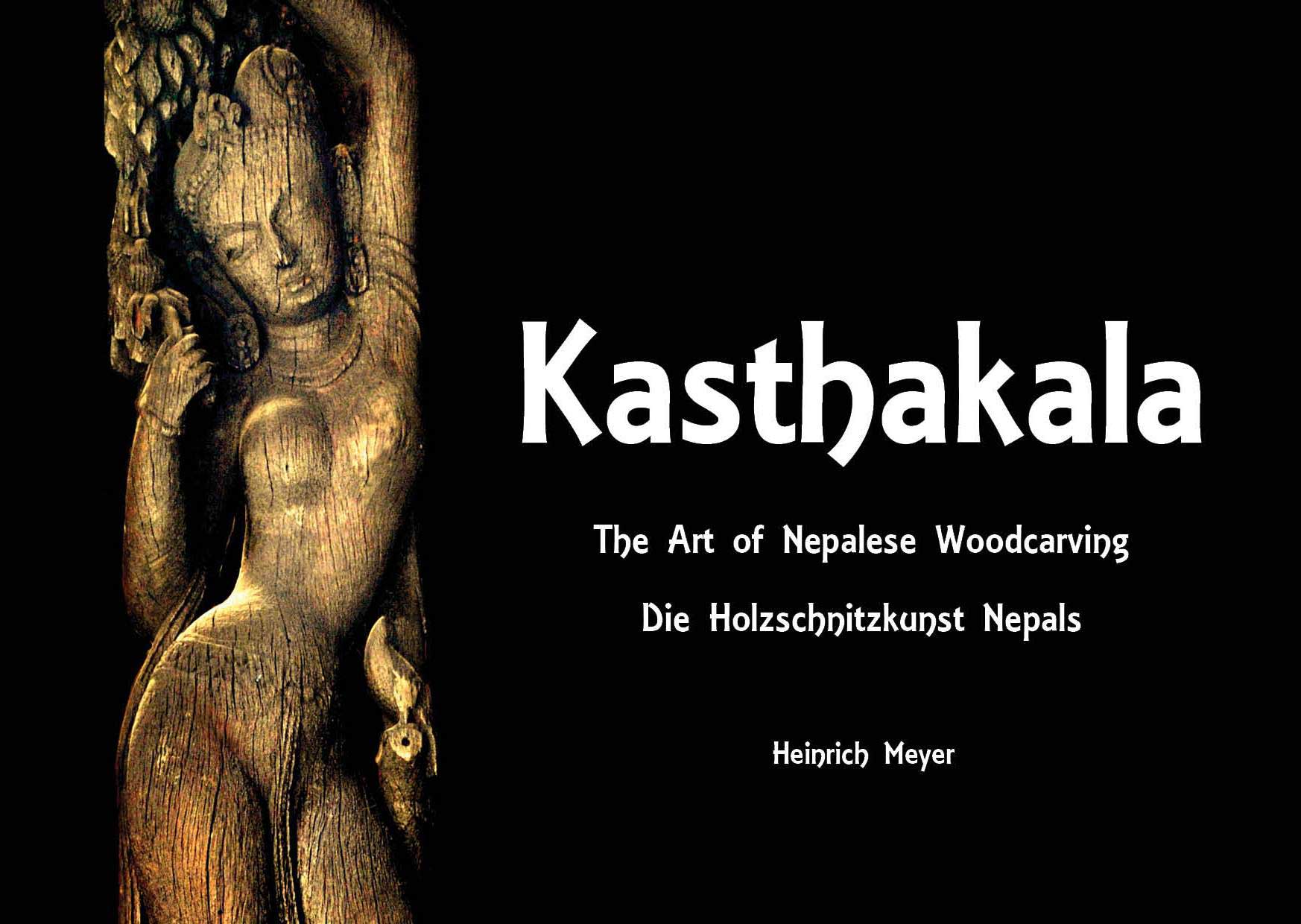On September 23 2007 the World Wildlife Fund, Nepal Program, honored nine individuals and organizations dedicated to environmental conservation. One of the recipients was Subodh Gautam, a senior reporter with the national daily Kantipur. Gautam has been reporting on environment issues and conservation for the last ten years in Nepal. He was born and raised in Nepalgunj. After that, he found his way into journalism, something he had not considered earlier. In 1998, he started working at Kantipur Saptahik, and for two years wrote on education in the Kantipur national daily, eventually graduating to environmental issues. He has pursued environmental journalism ever since.
 Environmental journalism covers a wide range of subjects. One of Gautam’s main topics is rhinoceros poaching. “Poaching rhinoceros”, he says, “is regular at the Bakharjan Area in Chitwan and within the bounds of Bardia National Park”. One thing that is needed, he goes on, is awareness about what is happening and why. The main incentive of local poachers is survival, and he notes that poaching rhinos and rhino horns brings big money. The result is the potential loss of this rare and endangered species, Nepal’s rhinoceros unicorus, the one-horned rhino, locally known as gaida. By the latest count, there are probably less than 400 left in the entire country, down from 600 in 2000.
Environmental journalism covers a wide range of subjects. One of Gautam’s main topics is rhinoceros poaching. “Poaching rhinoceros”, he says, “is regular at the Bakharjan Area in Chitwan and within the bounds of Bardia National Park”. One thing that is needed, he goes on, is awareness about what is happening and why. The main incentive of local poachers is survival, and he notes that poaching rhinos and rhino horns brings big money. The result is the potential loss of this rare and endangered species, Nepal’s rhinoceros unicorus, the one-horned rhino, locally known as gaida. By the latest count, there are probably less than 400 left in the entire country, down from 600 in 2000.
The media informs, but the INGOs, NGO’s and government should take the initiative. There are strict laws against poaching, with fines of up to 100,000
rupees and imprisonment of five to 15 years, depending upon the circumstances. National Park wardens decide the punishment for poachers, but like so much else, loopholes exist in carrying out the law.
“A true reporter is one who follows up with his stories,” says Gautam. So far, he has written 17 articles on the rhino- poaching issue, and has finally brought it to the attention of Parliament.
The writer emphasizes on awareness through media and by any other possible methods. Research should also be done for local people’s involvement in poaching, creating alternatives for potential poachers, perhaps by encouraging small household industries, through education of their children, and by providing small loans (micro-credit) for investment in other means of employment and income.Most importantly, there must be sincere personal and political commitment towards the environment and its conservation.
Being a ‘Gaida patrakar’ (rhino reporter), as his friends call him, is sometimes a risky job he says. At the same time, however, “There is a different kind of relaxation and joy working in and for green conservation,” Gautam adds. Looking to the future, “I will continue to work in this field indefinitely”, he concludes.











